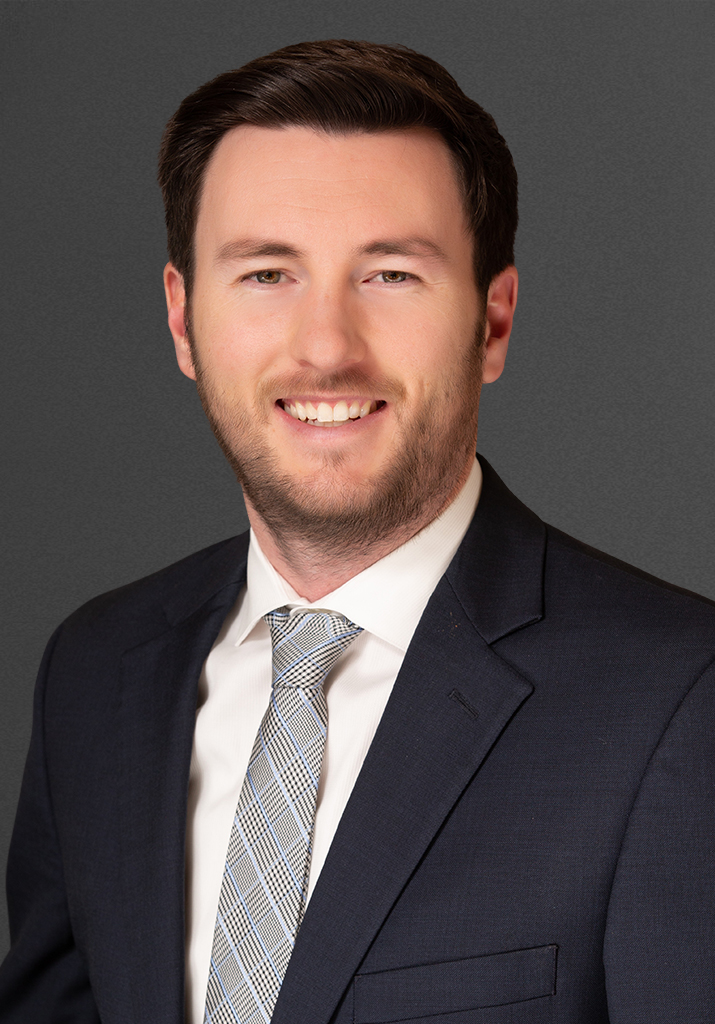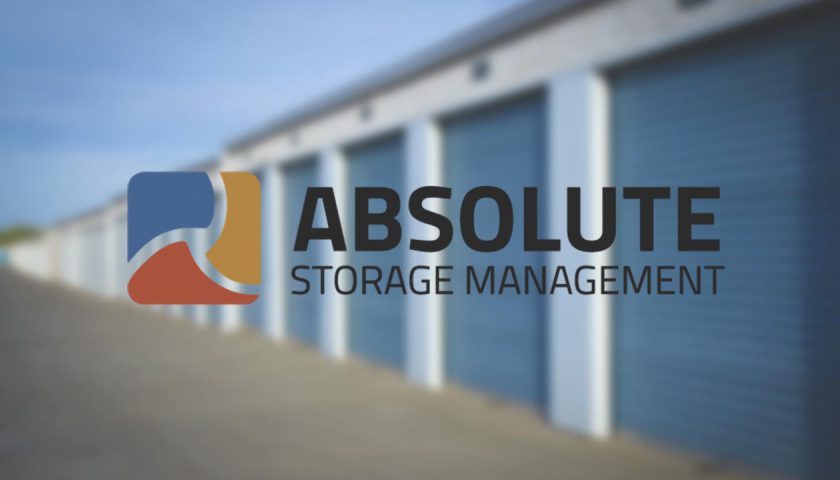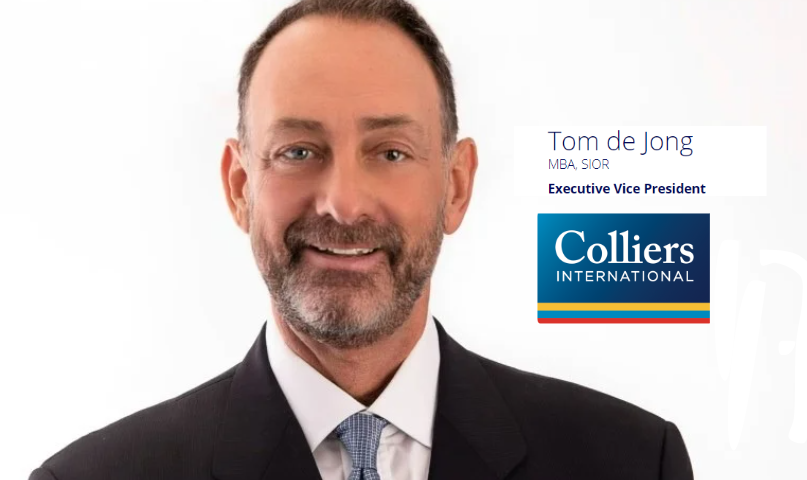
Today’s real estate markets, including self-storage, are slower than in years past. Much of what you hear today is all about interest rates and what the Fed is going to do next. Sellers are hoping to get yesterday’s prices and most of the buyers today tend to be very experienced self-storage owners/operators who are being much more disciplined with their underwriting. Thus, the market for buying and selling self-storage is slower and more difficult these days. How long will it last? History tells us that real estate cycles are almost always longer than we expect, and the normal cycles are usually about three to seven years. But is the current market, and coinciding interest rate environment, really that bad?
There are many economic and political issues that have all of us concerned about the future, including inflation, trade deficits, energy costs, elections, rising home prices…well, you get the idea. While this article can’t give you the answer about what happens next, it can give perspective on where we currently are and how to prepare for what might be next. Due to the Fed’s commitment to higher interest rates over the last few years, cap rates in the beginning of this cycle rose and quickly cut the value of all CRE, including self-storage. The historically low cap rates of 2020-2022 are gone. By historical standards though, today’s interest rates are right in line with averages over the last 50 years. I would argue that the environment we are in today is at a level where the macro economy actually performs efficiently.
There is still plenty of debt and equity available to be placed in CRE, investors can get a respectable return by placing their money in a CD or Money Market account, buyers can still pay attractive (historical) prices for CRE, sellers are still able to;
- Get out of a property if they need to (unlike in 2008)
- See a nice return on their investment (as long as they didn’t buy in the last two years), and banks are operating at healthy margins. While self-storage has not been entirely immune from the effects of this softer market, the devastation that has visited other types of real estate (e.g., office) has been less damaging for self-storage properties.
This brings us back to my initial question: Is Today’s Interest Rate Environment Really That Bad?
The cap rate spreads have now narrowed and are starting to stabilize in the self-storage market and we are seeing transactions for the well-occupied, maintained, demographically superior properties at 5.5% to 6.5%. Sellers are starting to recognize that 2021 and 2022 were years of exuberance in the market, both in price and ease of sale, and Buyers have been equally tamed by their experience over the last several years and thus are more realistic about pricing. The result is that once again there seems, ever so slightly, to be more rationality developing in the self-storage transaction market. With the reported, albeit cautious, positive news of a potential interest rate cut, the demand for self-storage transactions will be more accommodating in the months to come.
Having made these predictions, I would like to close with three cautionary comments;
- If you have a loan that is going to mature in the next year, start planning to replace that loan now. It is taking longer to get financing done and the more time you have to plan, the better. Argus brokers are happy to help in this process or provide a valuation that you can use as a benchmark for financing or a possible sale if the time is right.
- Now is the time to out-compete your competition by improving your property and fine-tuning your marketing. A little money spent now when your competitors are holding back could improve your future competitive situation dramatically, and ultimately lead to better performance, increased cash flow, and a higher valuation in a sale.
- Watch for signs that the economy does not go in reverse. While the market seems to be trending upward, there are still a considerable number of economic issues at hand that need to be addressed. Only the paranoid survive!

– Cole Carosella, Vice President – Argus




